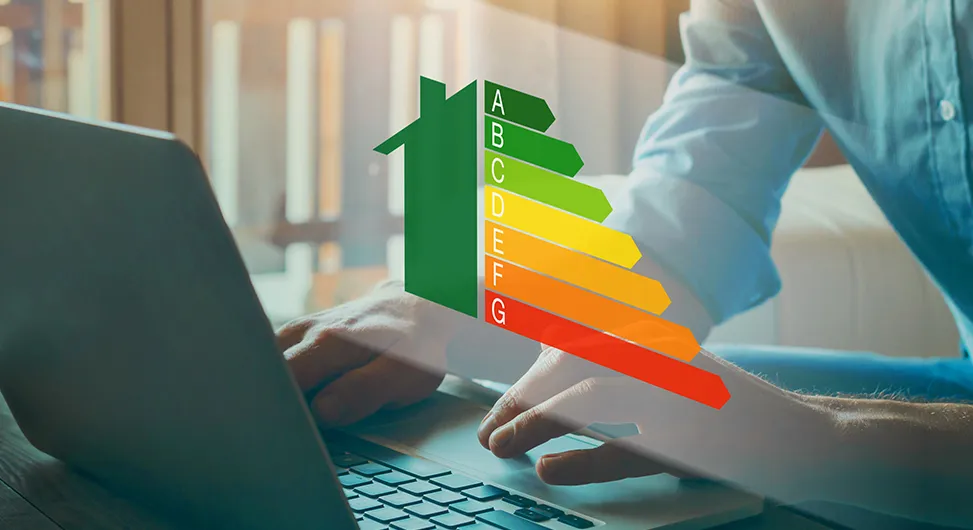EPC common parts apartment building
Since January 1, 2022, an energy performance certificate for the common parts (EPC GD) was introduced for buildings with several building units.
As of when the EPC for common parts is mandatory depends on the number of building units present in the building. By building units we mean apartment buildings, but also non-residential units such as offices, commercial and trade premises, medical practices, etc.
-For buildings with at least 15 residential units, the EPC common parts is mandatory since January 1, 2022.
- For buildings with 5 to 14 units, the EPC common parts are only required to be available on January 1, 2023.
- For the smallest buildings with 2 to 4 units, the common parts EPC is mandatory as of January 1, 2024.
The EPC of the common parts indicates, among other things, how energy efficient the building and the common installations are. As with a normal EPC, it also contains tips on how to improve the energy performance. The information from the EPC for common parts is used when an EPC is drawn up for the sale or rental of an apartment. The 2 certificates complement each other.
The EPC common parts will be valid for 10 years just like a regular EPC.
If the building is renovated, the EPC for common parts will need to be updated if, for example, the collective installations are replaced or the building envelope is further insulated by at least 15%.
Who is responsible for applying for the EPC common parts?
The owner of the building or the trustee will have to inform the association of co-owners (VME) about the obligation of the EPC.
He will also have to gather all information about the building in connection with the collective installations, the insulation, etc. and make sure that the expert who has to draw up the EPC has access to all the common parts of the building.

